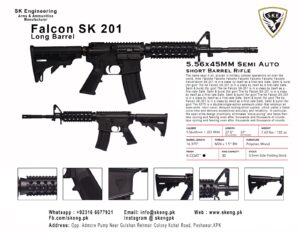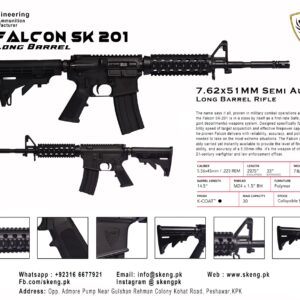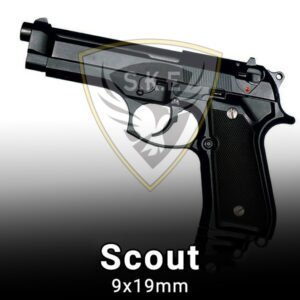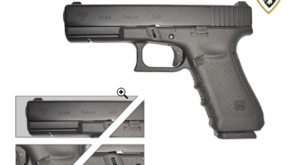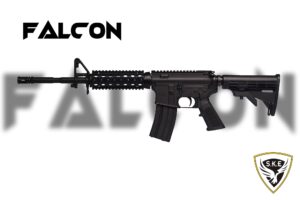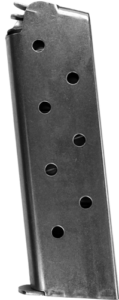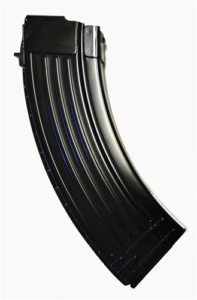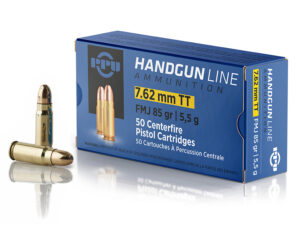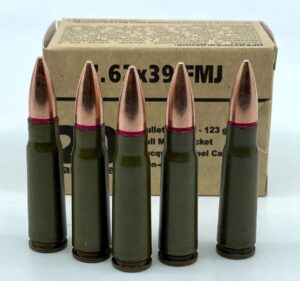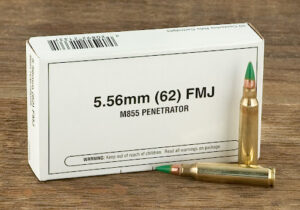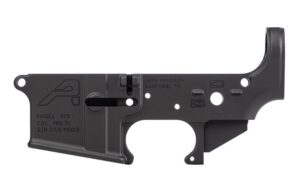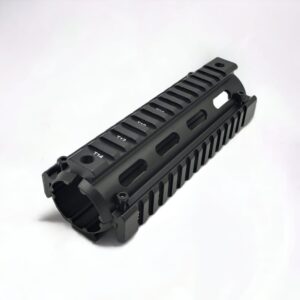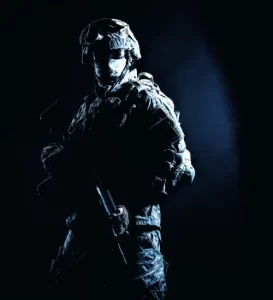Exploring the Arsenal: Weapons in Malakand
In the rugged terrain of Malakand, nestled amidst the breathtaking vistas of Pakistan, lies a region steeped in history, culture, and, unfortunately, conflict. Malakand, with its strategic importance and complex socio-political landscape, has long been a focal point in discussions surrounding security and weaponry. From ancient times to the present day, the land has witnessed the evolution of weaponry, reflecting the shifting tides of warfare and power dynamics.
Weapons in Malakand: A Historical Perspective
The history of weapons in Malakand is as old as civilization itself. The region, situated at the crossroads of ancient trade routes, has seen the influx of various cultures and their martial traditions. From the spears and bows of ancient tribes to the sophisticated firearms of colonial powers, Malakand’s weaponry has evolved through millennia of conquests and conflicts.
Traditional Arms and Warfare
Before the advent of modern firearms, traditional weapons reigned supreme in the battlefields of Malakand. The Pashtun tribes, known for their martial prowess, relied on a variety of arms such as the longbow, dagger, and the iconic Pashtun sword, the “pulwar.” These weapons, crafted with skill and passed down through generations, were symbols of honor and courage in the rugged terrain of Malakand.
Colonial Influence and Firearms
The colonial era brought significant changes to the weaponry of Malakand. With the arrival of the British Empire, firearms became more prevalent, fundamentally altering the dynamics of warfare in the region. Muskets, rifles, and artillery became the tools of conquest and control, as colonial powers sought to assert their dominance over the fiercely independent tribes of Malakand.
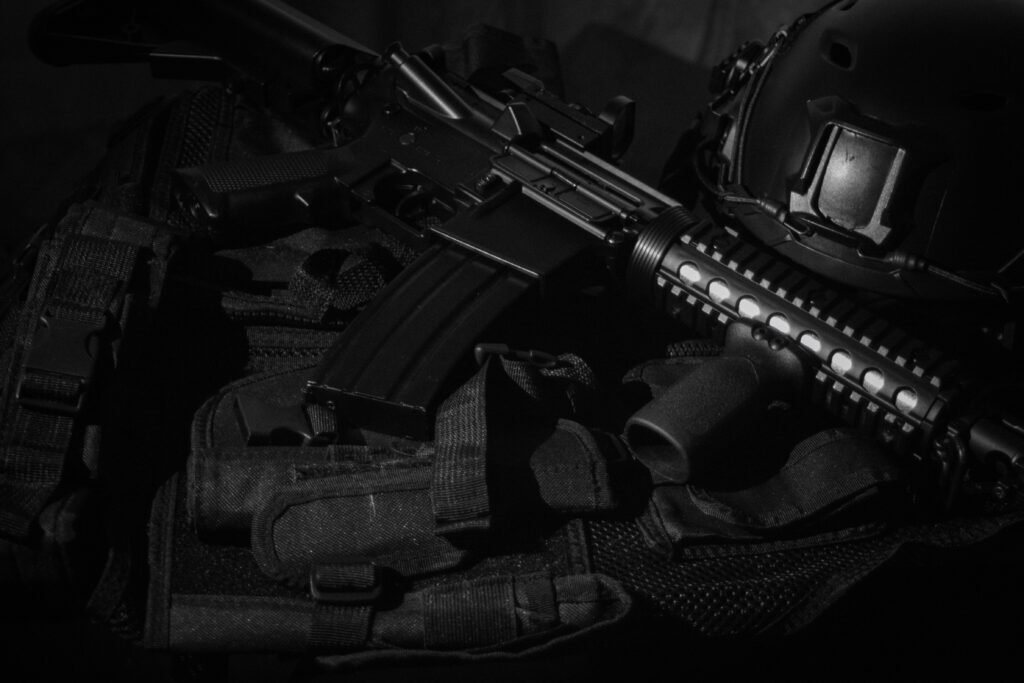
Modernization and Militancy
In the modern era, Malakand has grappled with the scourge of militancy and insurgency. Weapons, once symbols of defense and tradition, have become instruments of violence and conflict. The rugged terrain and porous borders have made the region a haven for militants, who exploit its geography to wage asymmetric warfare against state forces.
The Role of Weapons in Contemporary Malakand
Today, the issue of weapons in Malakand remains a complex and multifaceted challenge. On one hand, weapons are necessary for self-defense in a volatile environment where the state’s writ is often weak. On the other hand, the proliferation of arms fuels violence and instability, hindering efforts for peace and development in the region.
Addressing the Challenges
Addressing the issue of weapons in Malakand requires a comprehensive approach that addresses both the symptoms and root causes of violence. Strengthening governance, promoting economic development, and investing in education and infrastructure are essential steps towards building a peaceful and prosperous Malakand. Additionally, efforts to disarm militant groups and regulate the flow of weapons into the region are crucial for restoring stability and security.
Conclusion:
In conclusion, the story of weapons in Malakand is a tale of resilience, adaptation, and struggle. From ancient times to the present day, weapons have played a central role in shaping the region’s history and destiny. As Malakand navigates the challenges of the 21st century, finding a balance between tradition and modernity, peace and conflict, will be essential for building a better future for generations to come.
-
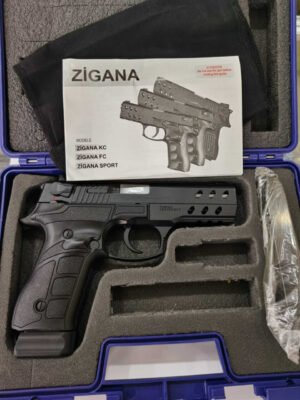
zigana original 9mm pistol price in pakistan
Read more -
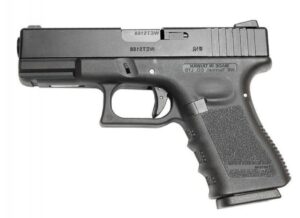
SK 19 Pistol
Read more -
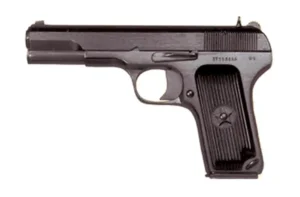
S.K Phantom 30
Read more -
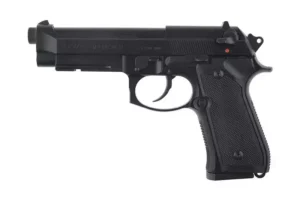
S.K Scout 9×19
Rated 3.50 out of 5Read more -

S.K PRISM 9X19
Read more -
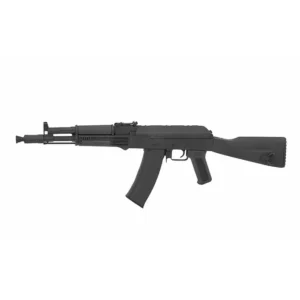
S.K Eagle 223
Read more -
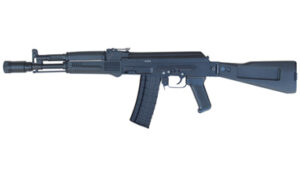
S.K EAGLE 7.62×51
Read more -

S.K Eagle 7.62×51 COMPACT
Read more -

S.K EAGLE 7.62×51
Read more -
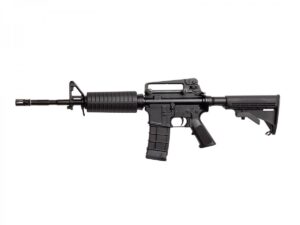
S.K FALCON 5.56×45
Read more -
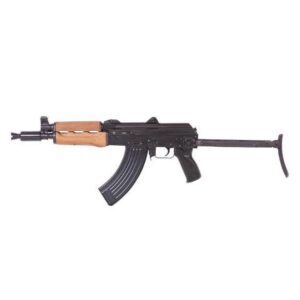
S.K.E Al-Badr 762V3 Compact
Read more -
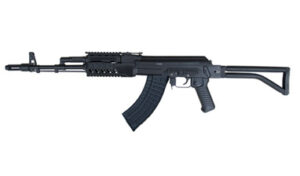
S.K.E Al-Badr 762V1
Read more -
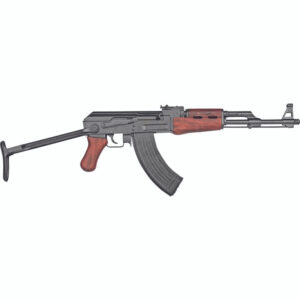
S.K.E Al-Badr 762V2
Read more -

MAG SK 9X19 V1
Read more -
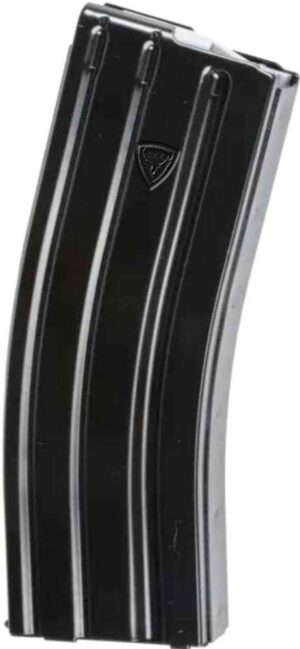
MAG SK 5.56X45
Read more -
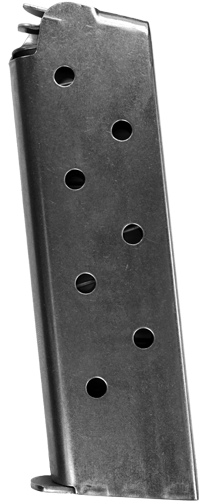
MAG SK 30
Read more

